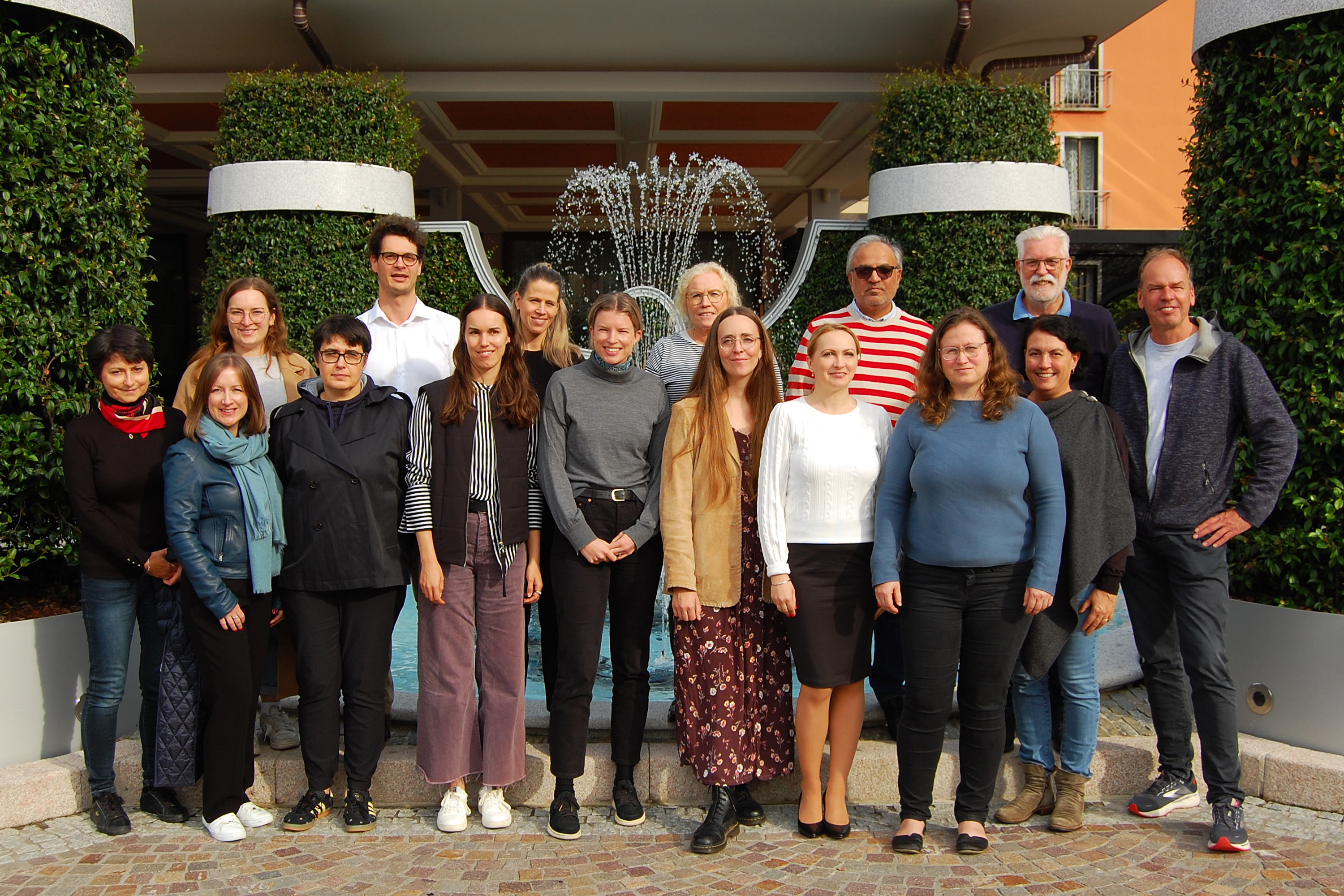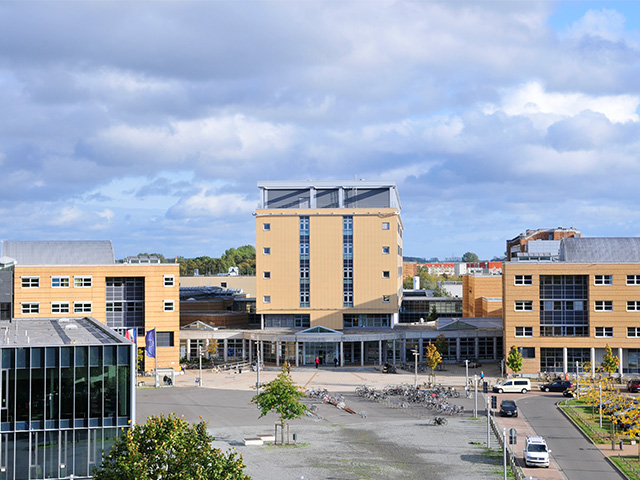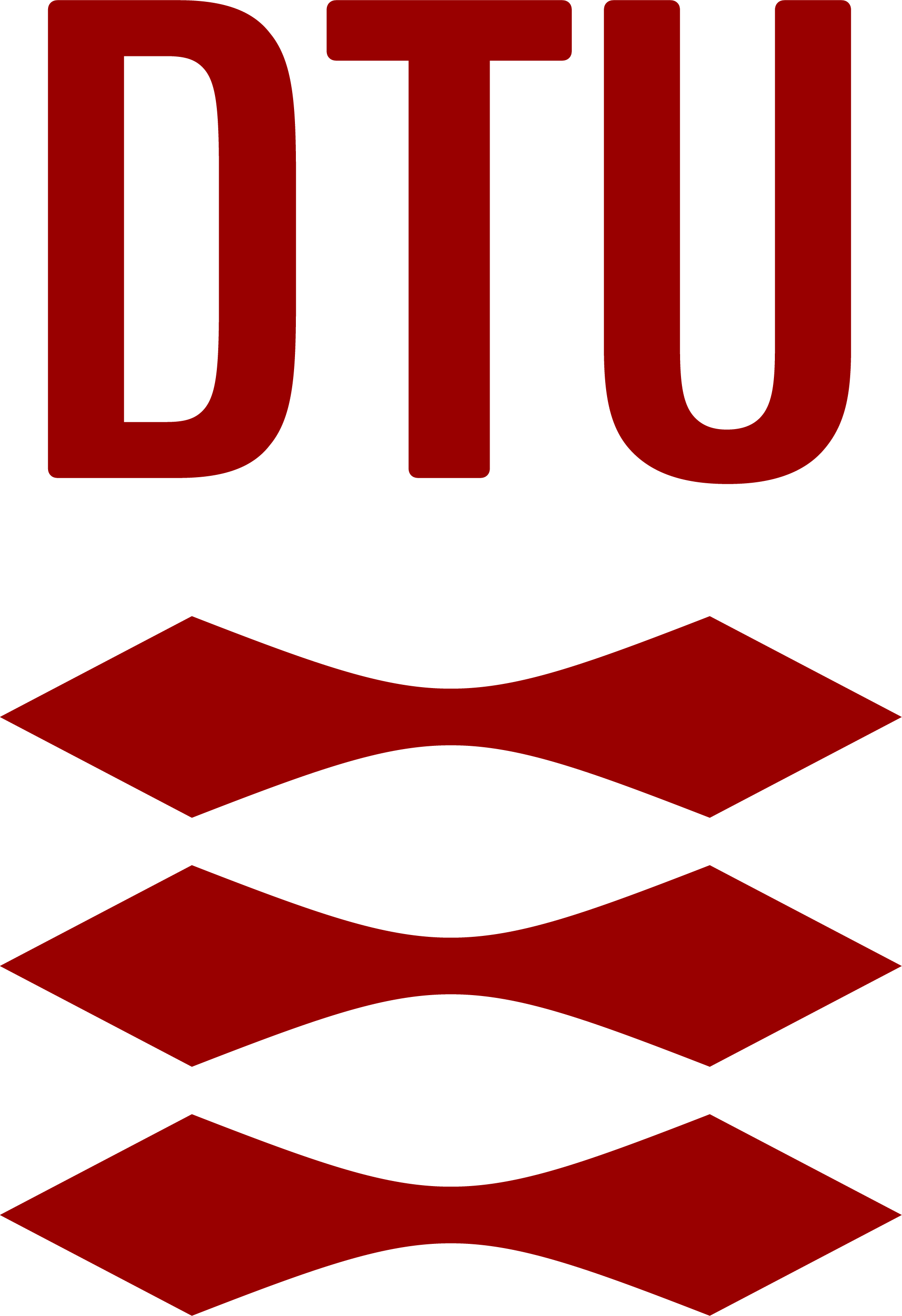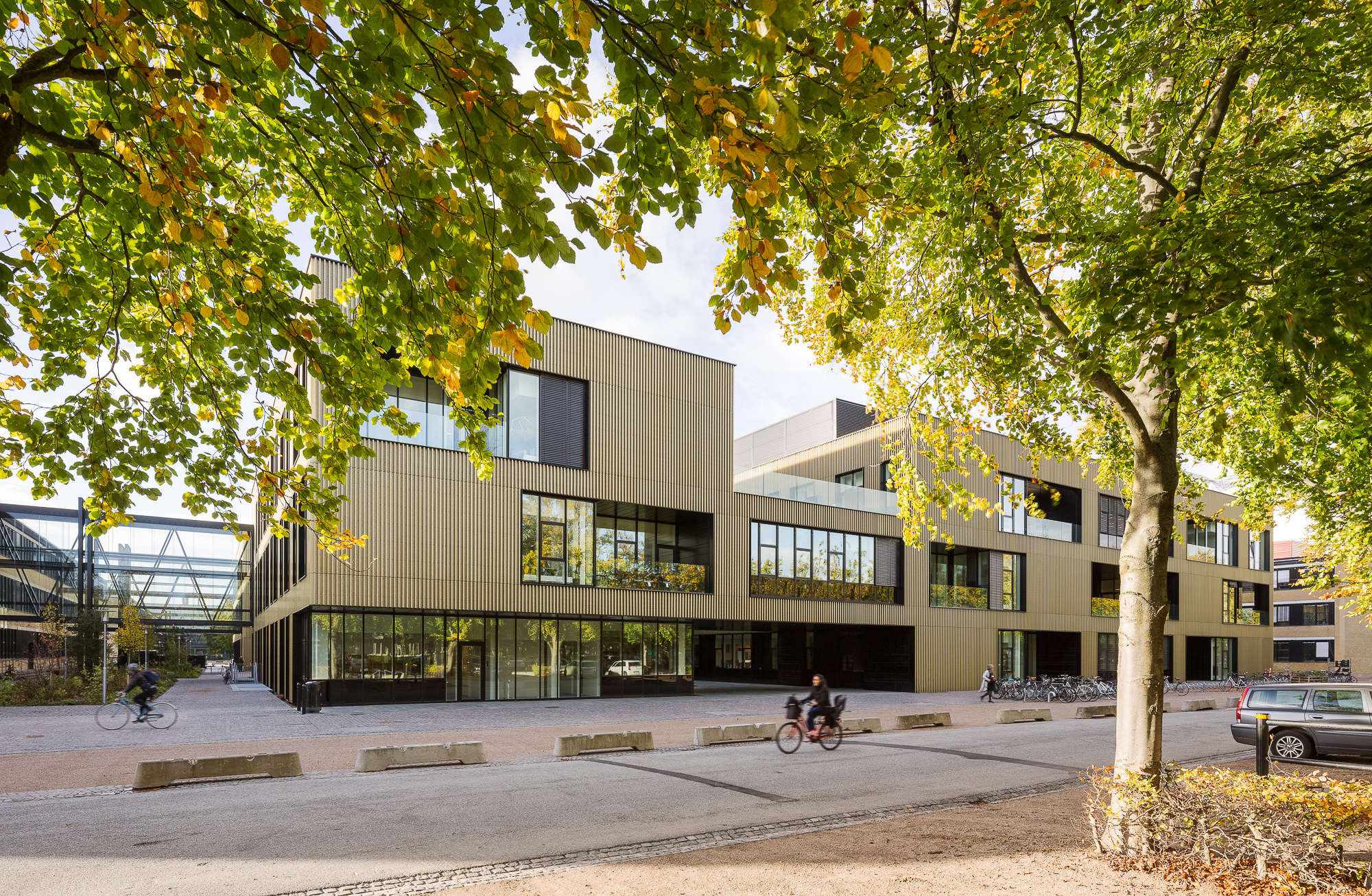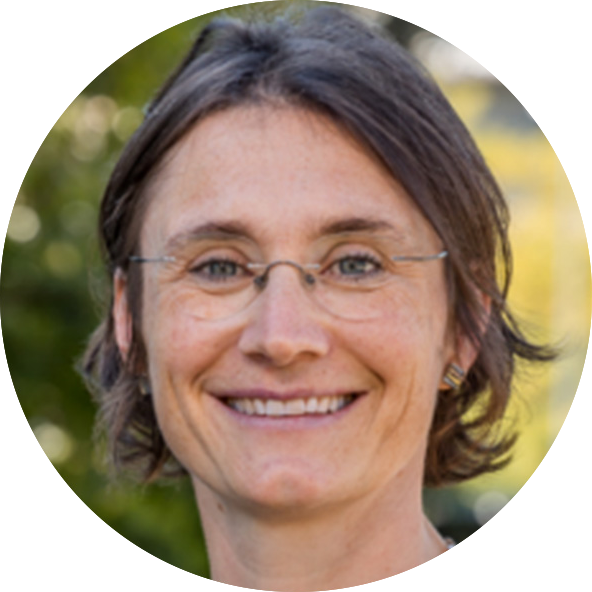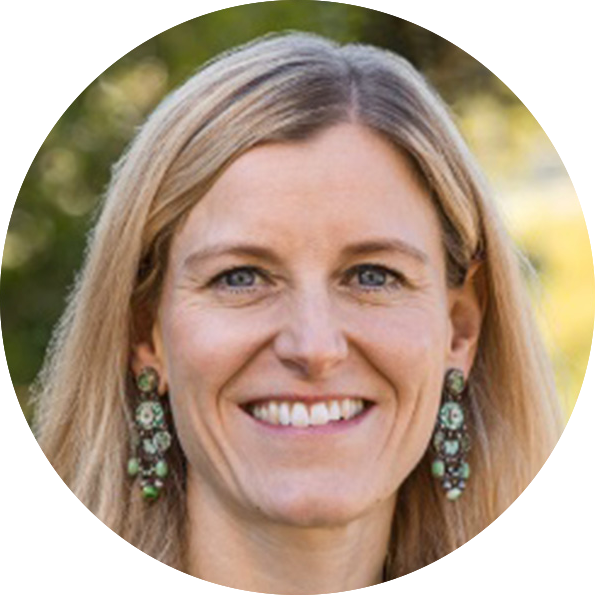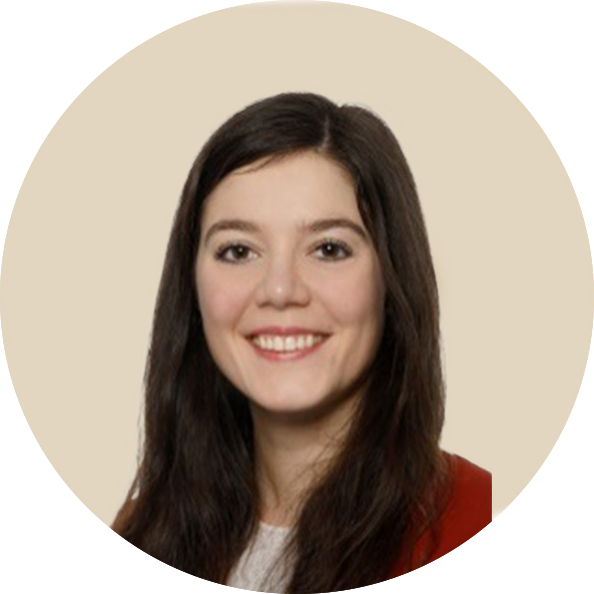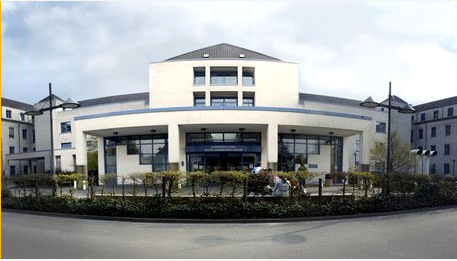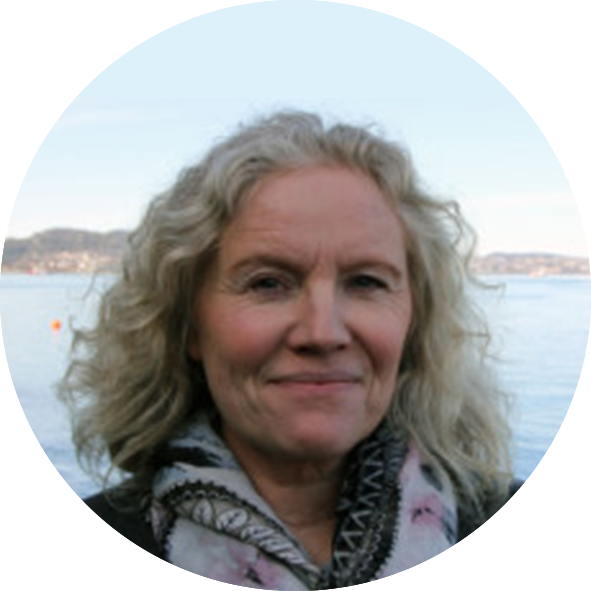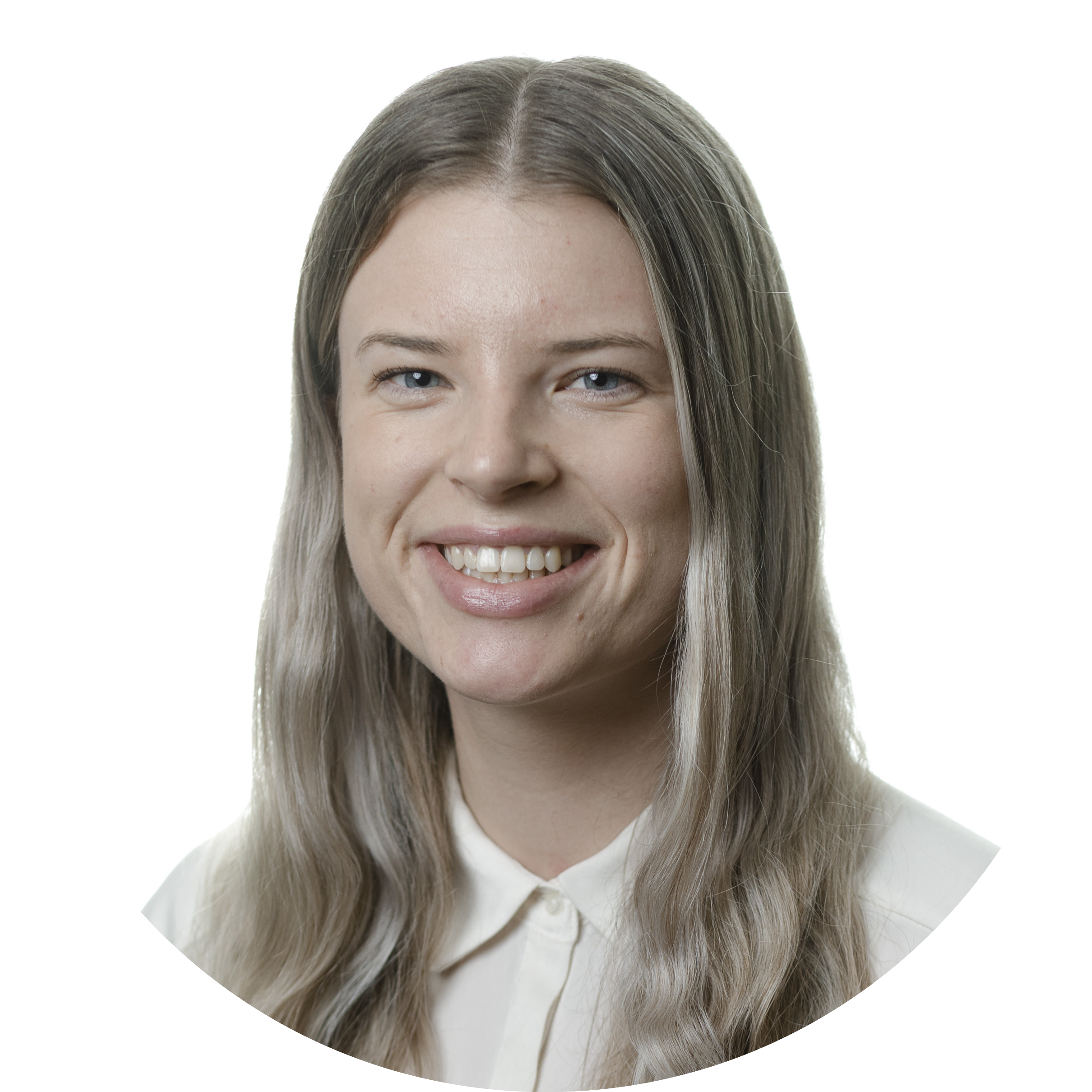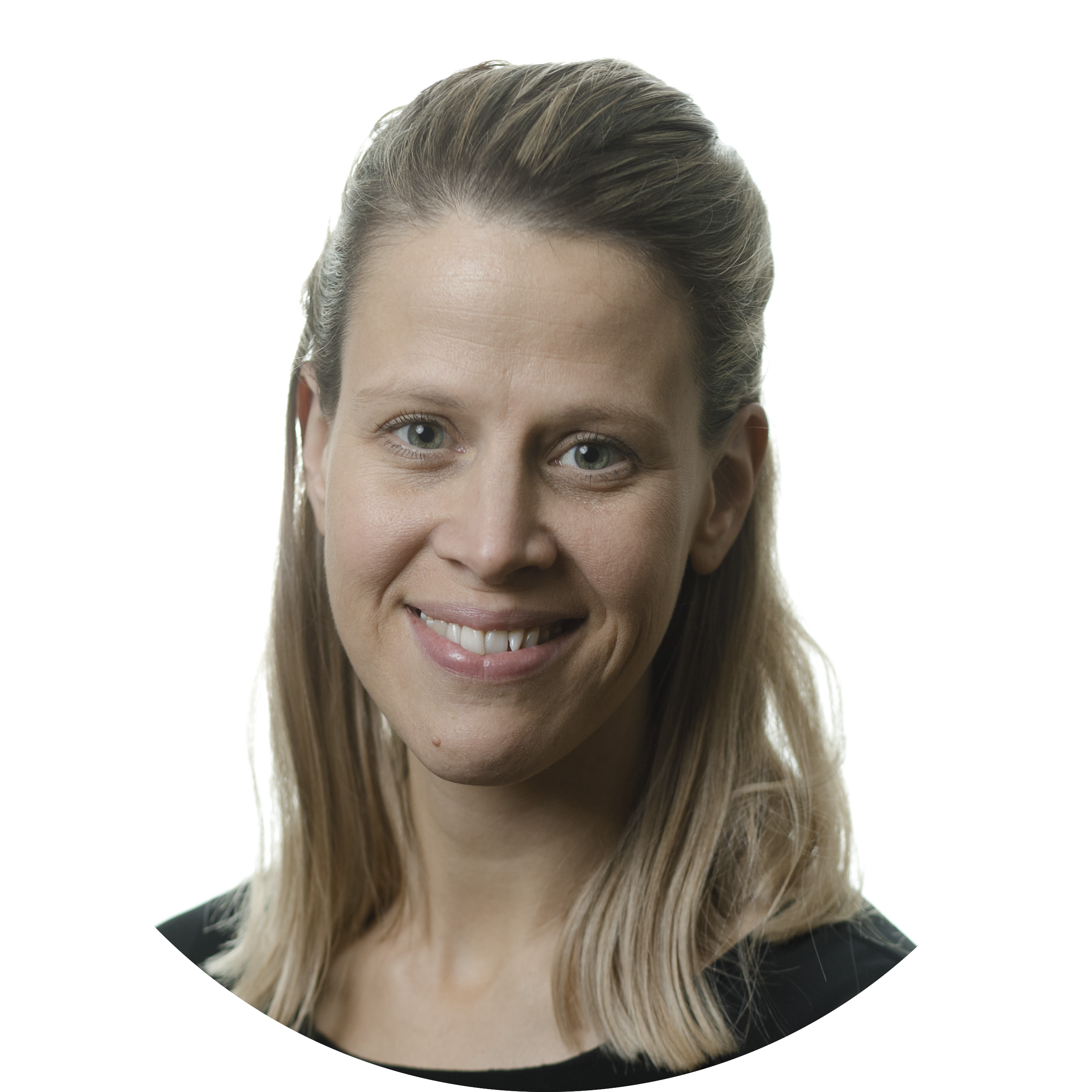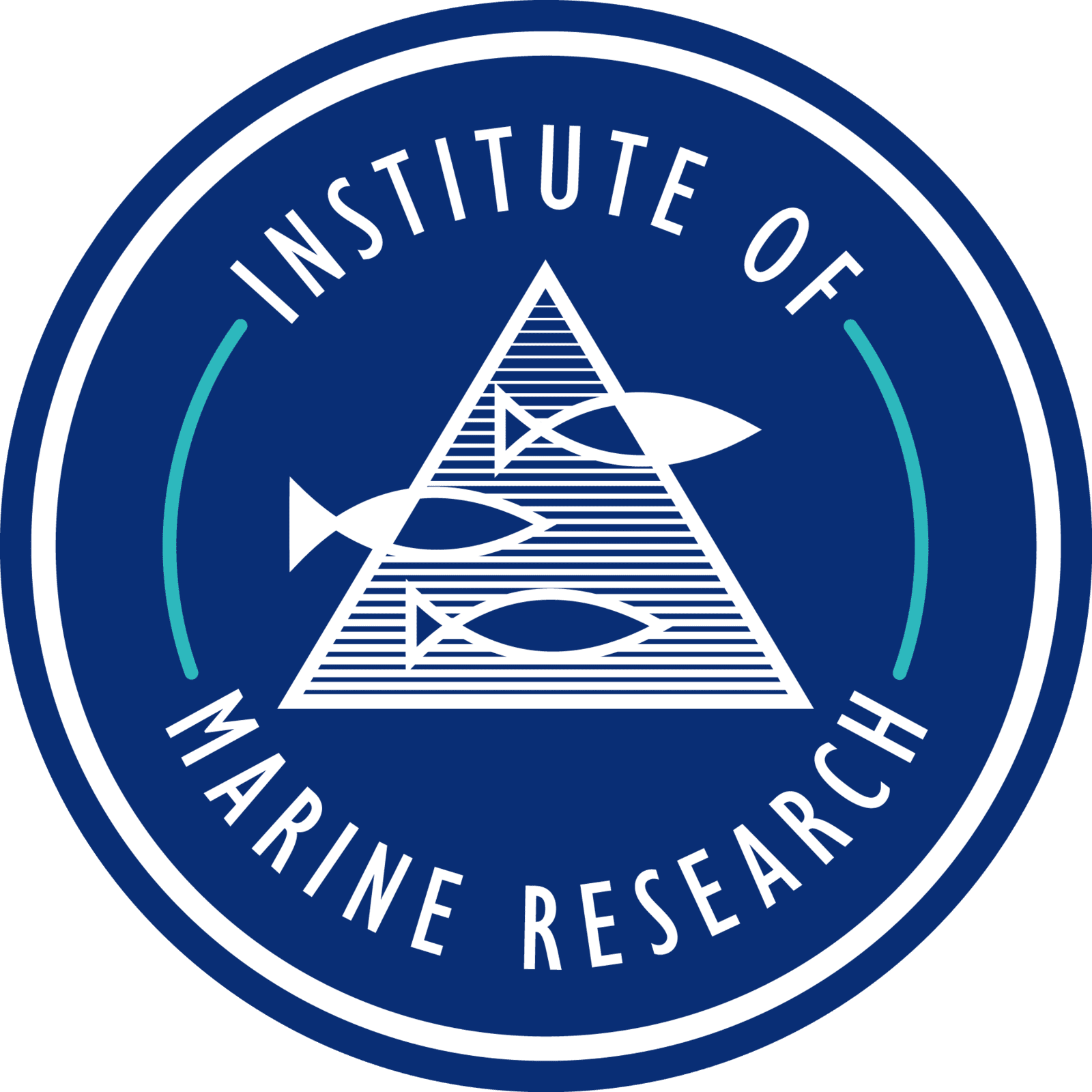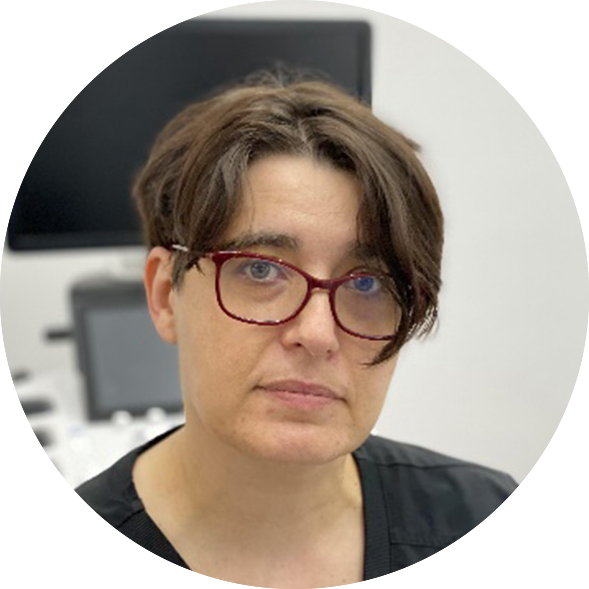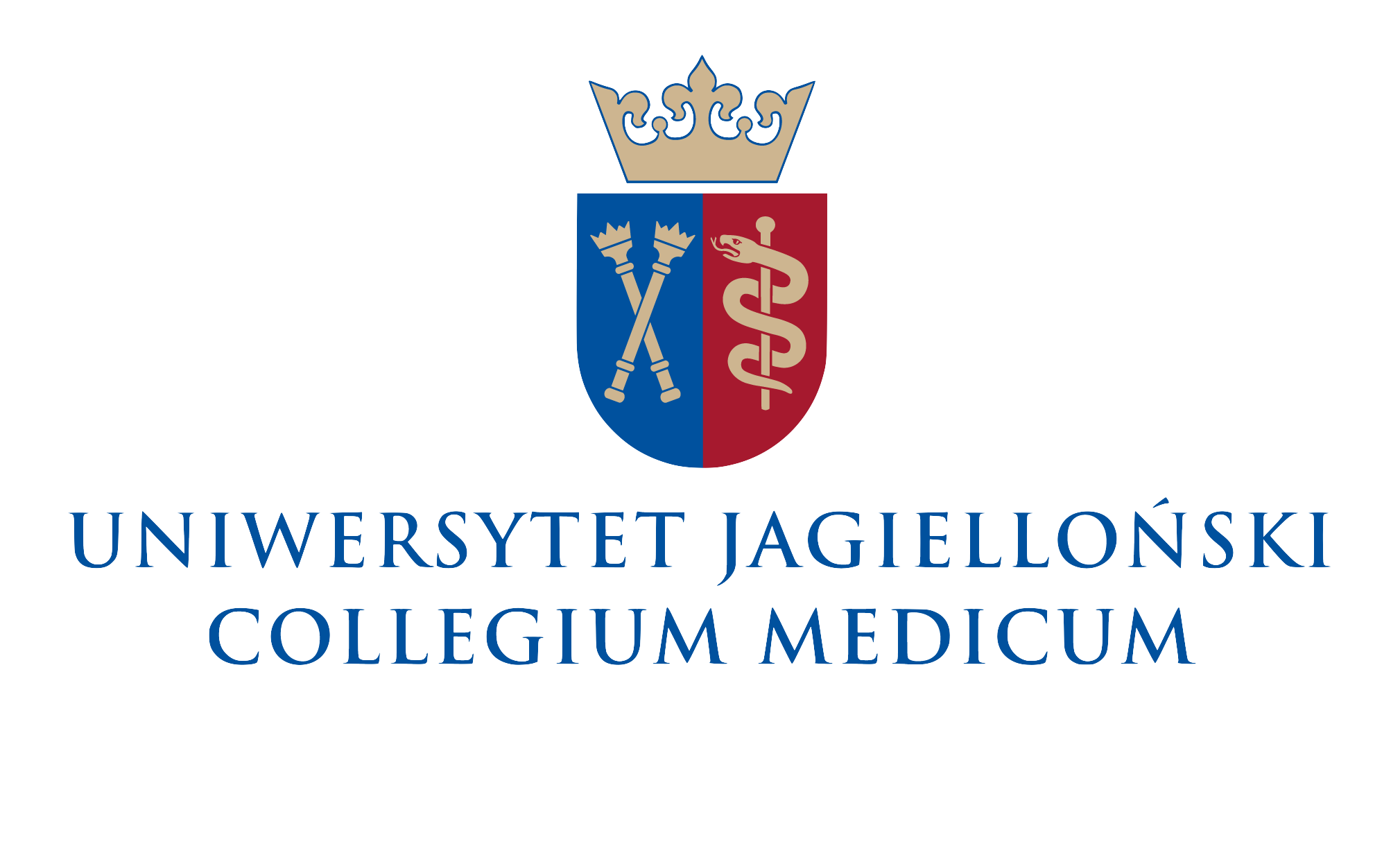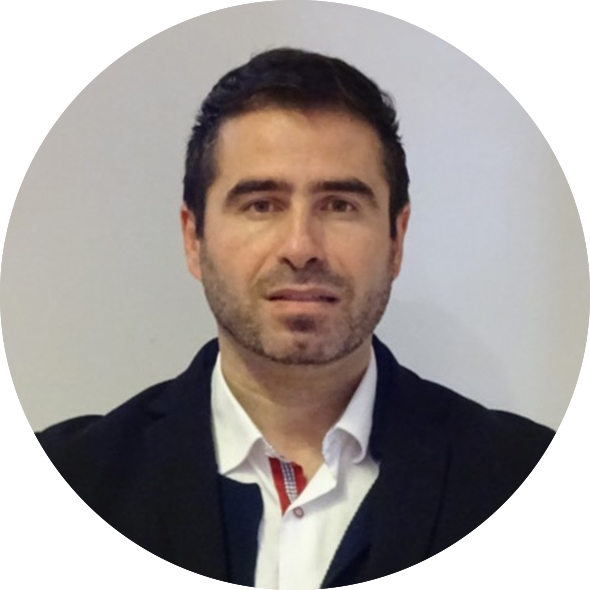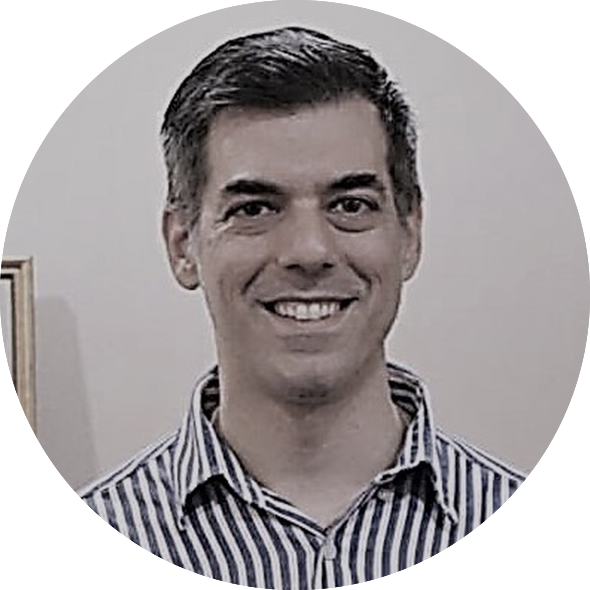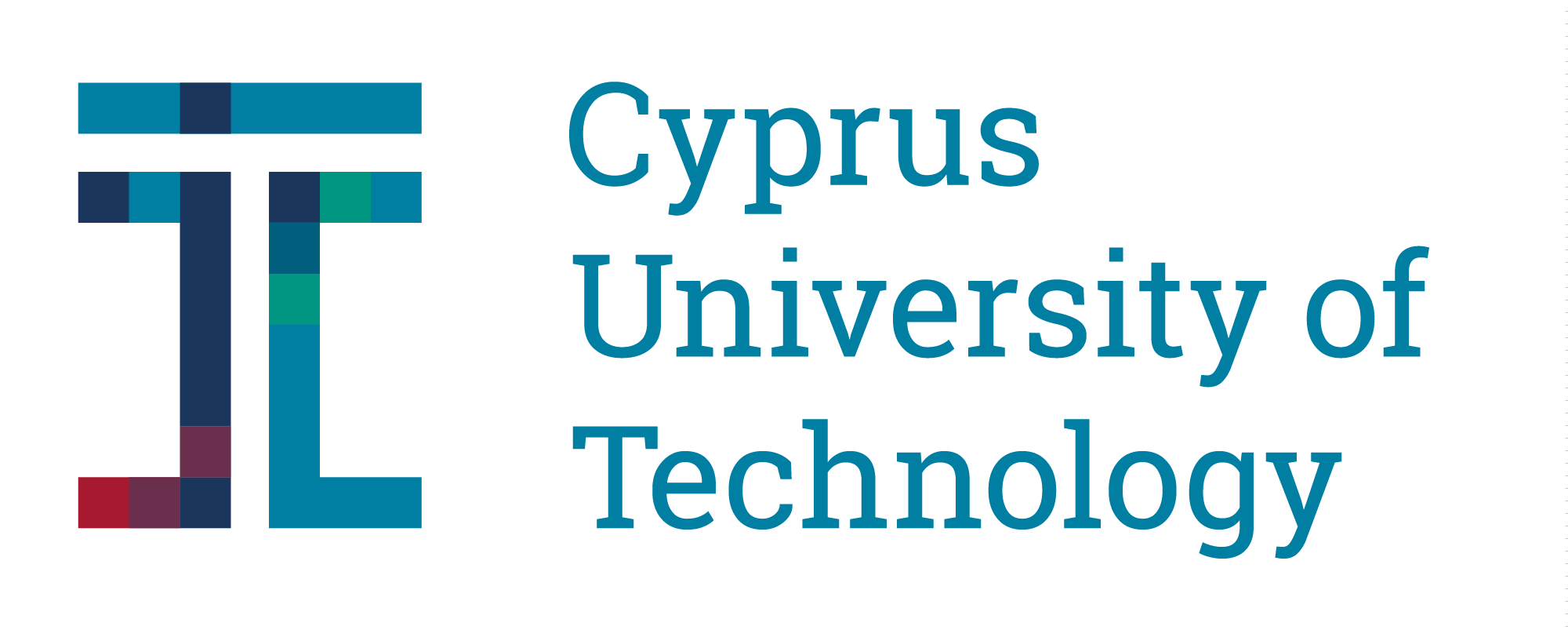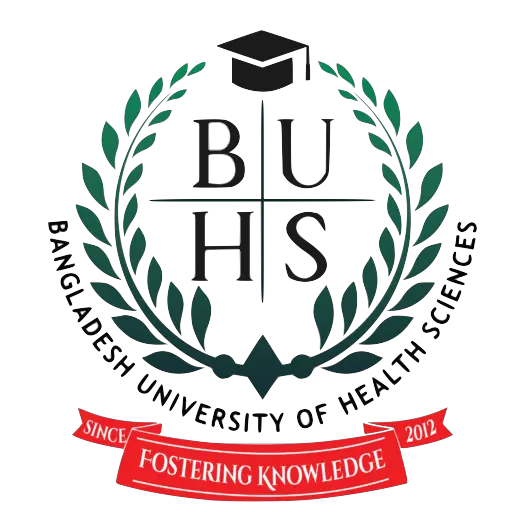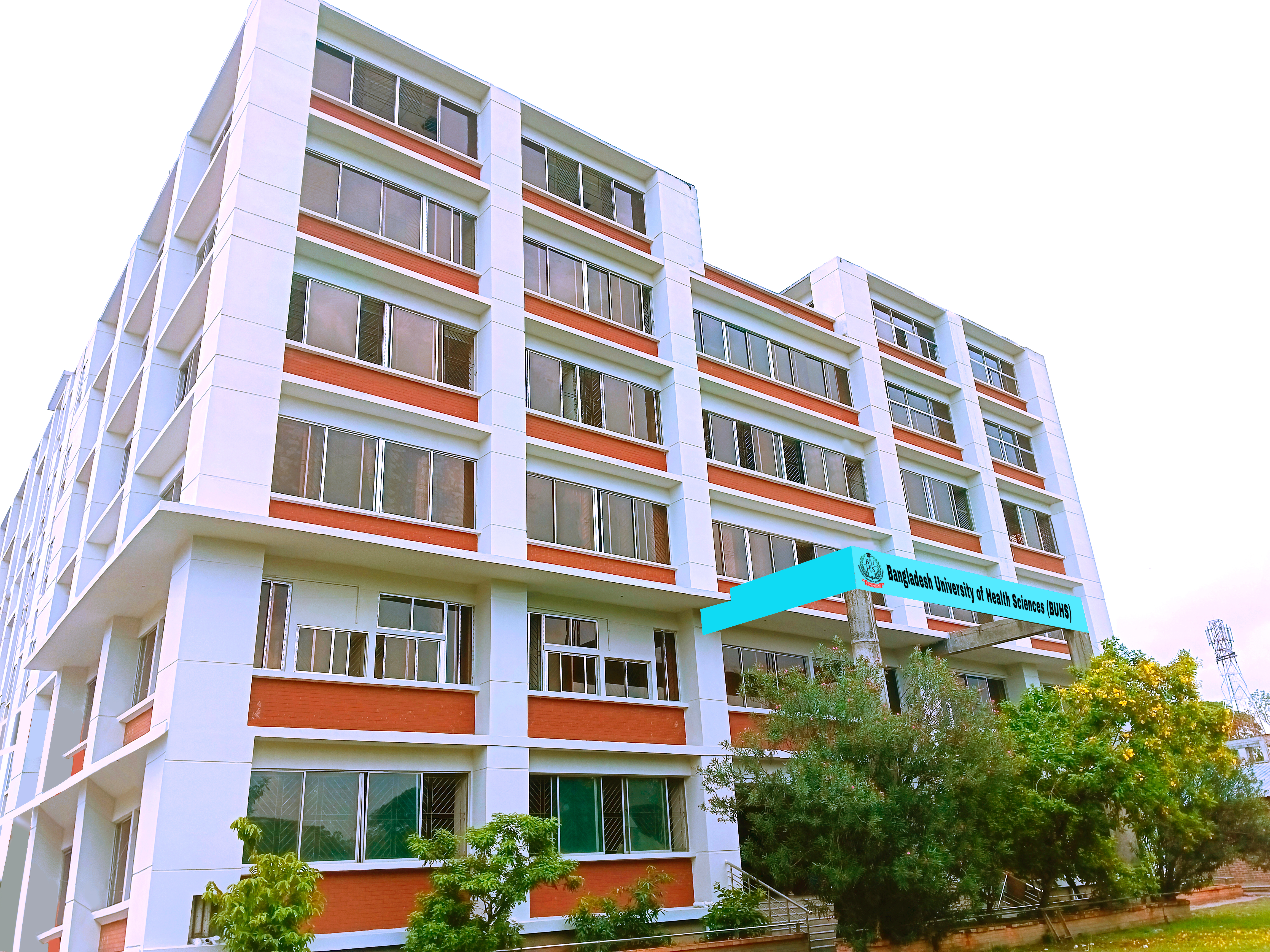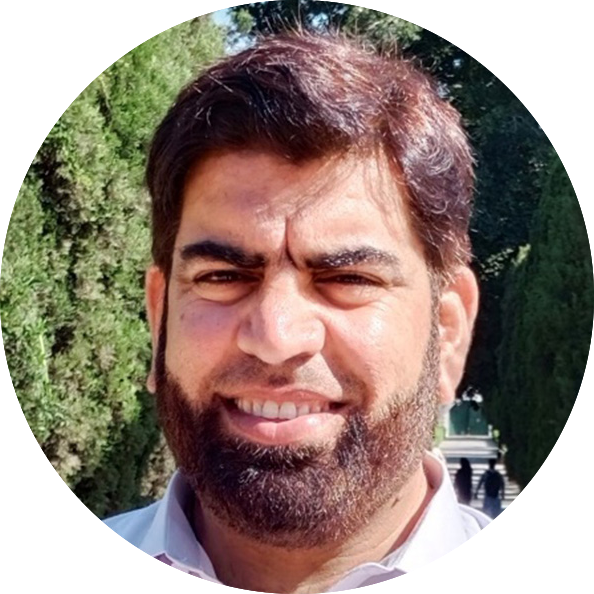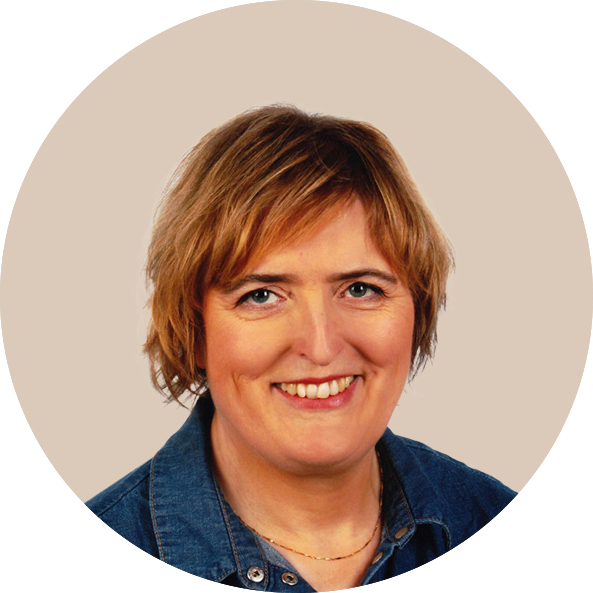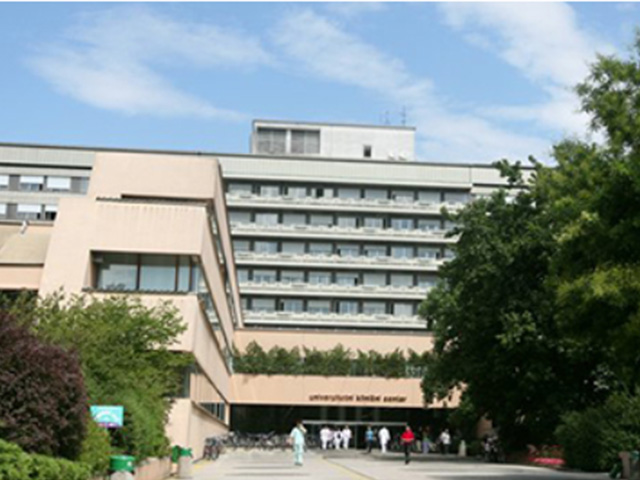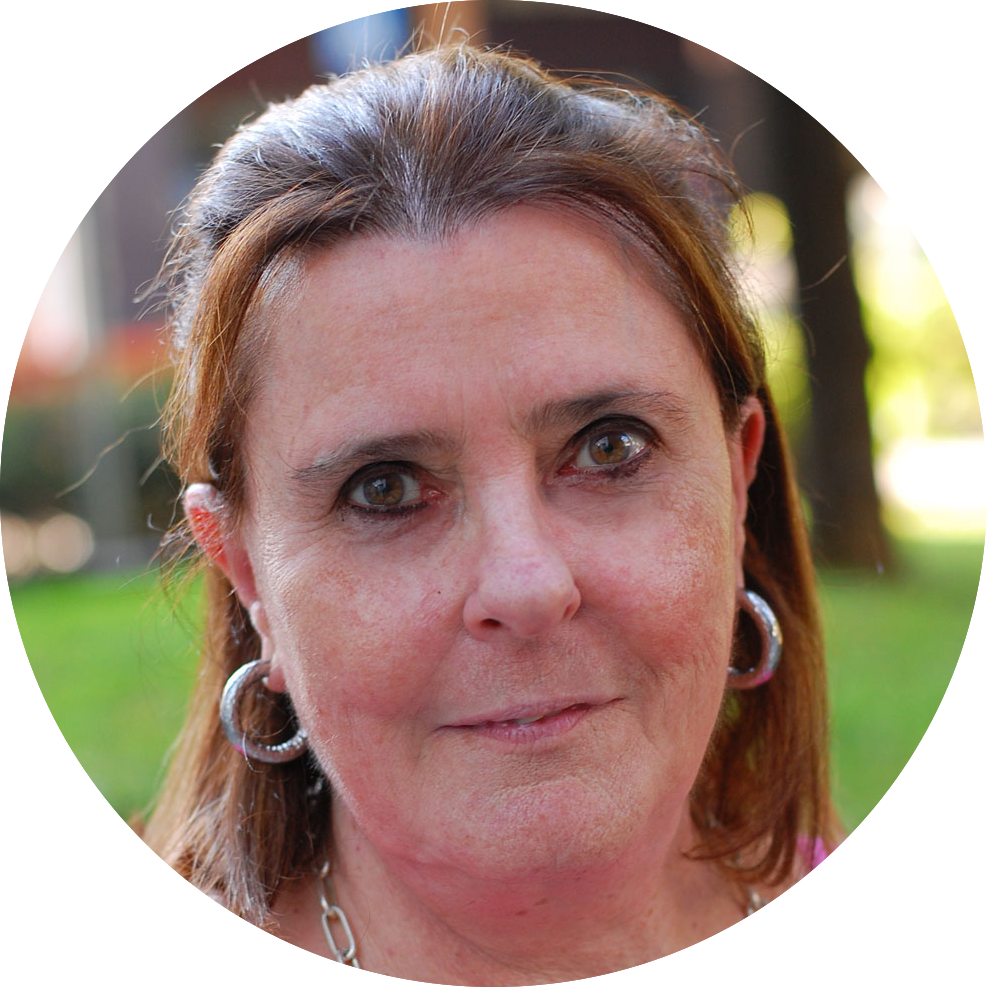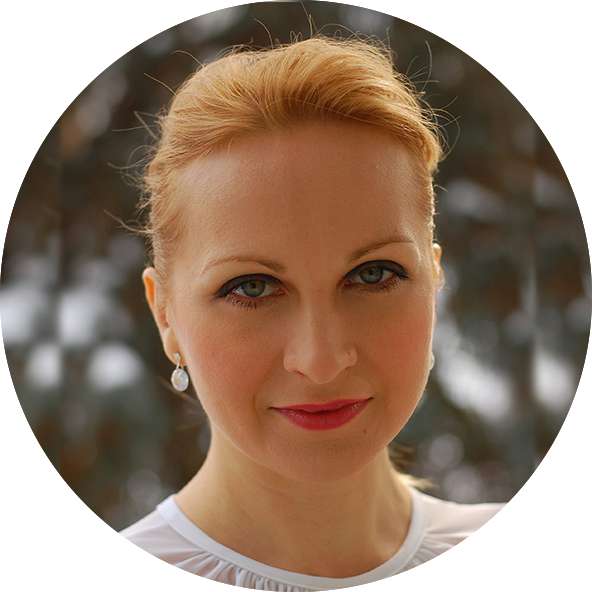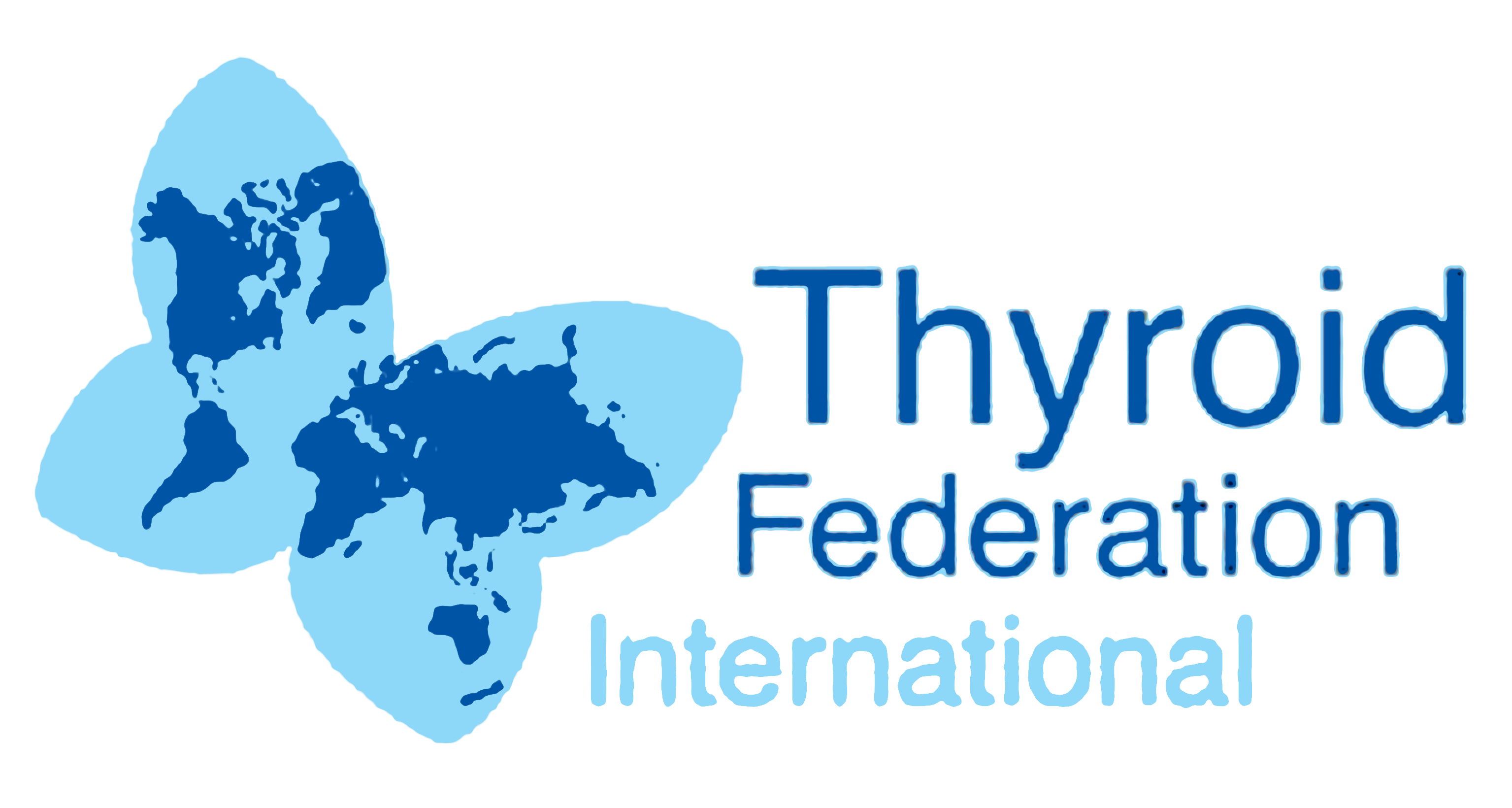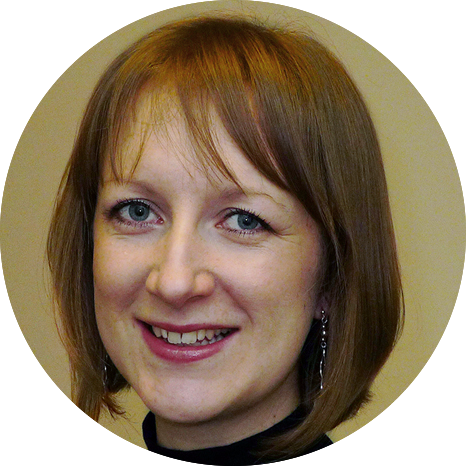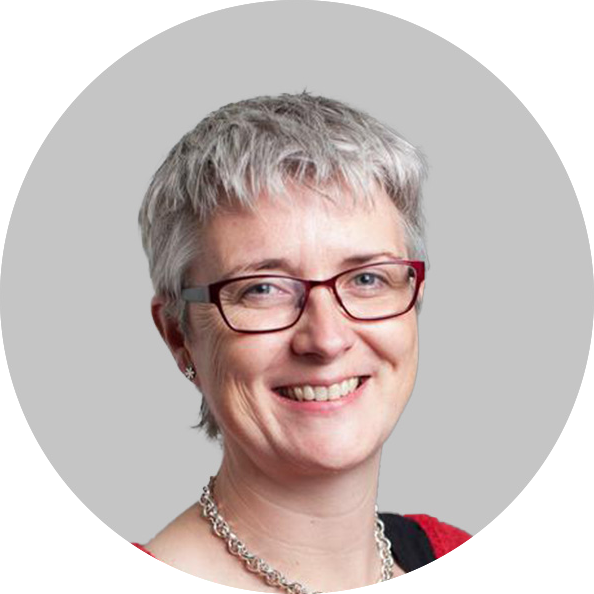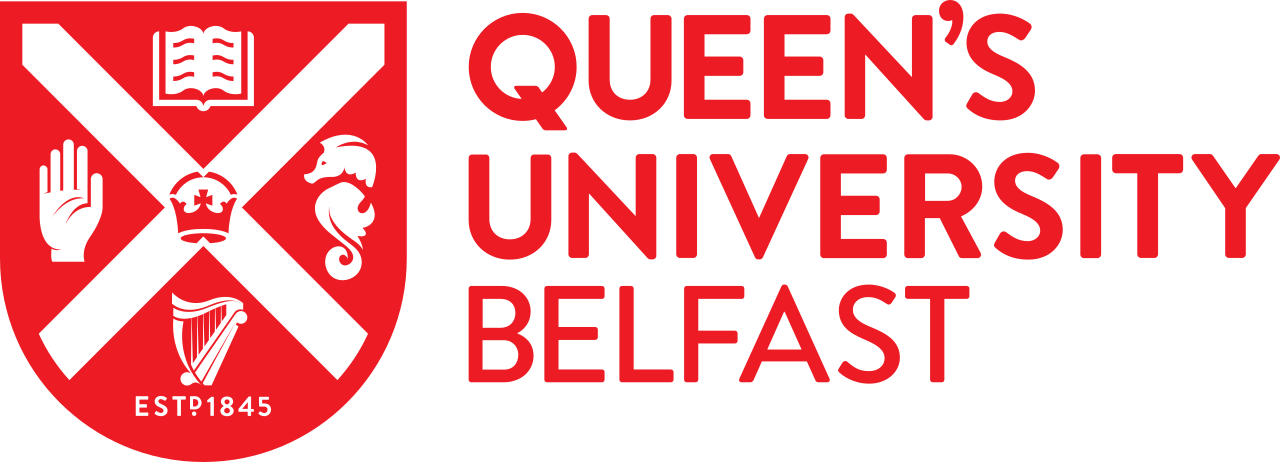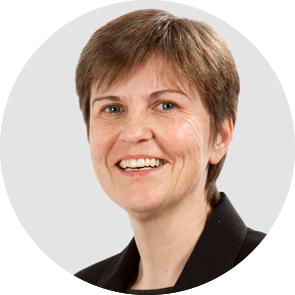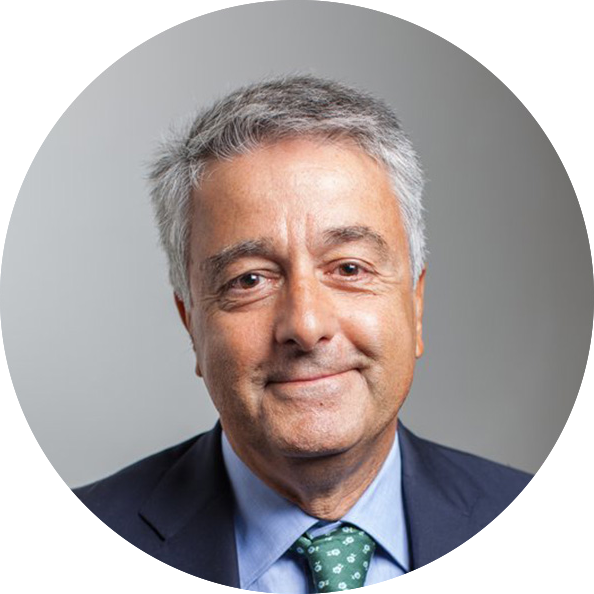Møllehave LT, Eliasen MH, Strēle I, Linneberg A, Moreno-Reyes R, Ivanova LB, Kusić Z, Erlund I, Ittermann T, Nagy EV, Gunnarsdottir I, Arbelle JE, Troen AM, Pīrāgs V, Dahl L, Hubalewska-Dydejczyk A, Trofimiuk-Müldner M, de Castro JJ, Marcelino M, Gaberšček S, Zaltel K, Puig-Domingo M, Vila L, Manousou S, Nyström HF, Zimmermann MB, Mullan KR, Woodside JV, Völzke H, Thuesen BH Register-based information on thyroid diseases in Europe: lessons and results from the EUthyroid collaboration. Endocr Connect. 2022 Mar 10;11(3):e210525. doi: 10.1530/EC-21-0525.
Trofimiuk-Müldner M, Konopka J, Sokołowski G, Dubiel A, Kieć-Klimczak M, Kluczyński Ł, Motyka M, Rzepka E, Walczyk J, Sokołowska M, Buziak-Bereza M, Tisończyk J, Pach D, Hubalewska-Dydejczyk A. Current iodine nutrition status in Poland (2017): is the Polish model of obligatory iodine prophylaxis able to eliminate iodine deficiency in the population? Public Health Nutr. 2020 Oct;23(14):2467-2477. doi: 10.1017/S1368980020000403
Ittermann T, Albrecht D, Arohonka P, Bilek R, de Castro JJ, Dahl L, Filipsson Nystrom H, Gaberscek S, Garcia-Fuentes E, Gheorghiu ML, Hubalewska-Dydejczyk A, Hunziker S, Jukic T, Karanfilski B, Koskinen S, Kusic Z, Majstorov V, Makris KC, Markou KB, Meisinger C, Milevska Kostova N, Mullen KR, Nagy EV, Pirags V, Rojo-Martinez G, Samardzic M, Saranac L, Strele I, Thamm M, Top I, Trofimiuk-Müldner M, Ünal B, Koskinen S, Vila L, Vitti P, Winter B, Woodside JV, Zaletel K, Zamrazil V, Zimmermann M, Erlund I, Völzke H. Standardized Map of Iodine Status in Europe. Thyroid. 2020 Sep;30(9):1346-1354. doi: 10.1089/thy.2019.0353
Rochau U, Qerimi Rushaj V, Schaffner M, Schönhensch M, Stojkov I, Jahn B, Hubalewska-Dydejczyk A, Erlund I, Thuesen BH, Zimmermann M, Moreno-Reyes R, Lazarus JH, Völzke H, Siebert U. Decision-Analytic Modeling Studies in Prevention and Treatment of Iodine Deficiency and Thyroid Disorders: A Systematic Overview.Thyroid. 2020 May;30(5):746-758. doi: 10.1089/thy.2018.0776.
The Krakow Declaration on Iodine: Tasks and Responsibilities for Prevention Programs Targeting Iodine Deficiency Disorders. Eur Thyroid J. 2018 Aug;7(4):201-204. doi: 10.1159/000490143.
Völzke H, Erlund I, Hubalewska-Dydejczyk A, Ittermann T, Peeters RP, Rayman M, Buchberger M, Siebert U, Thuesen BH, Zimmermann MB, Grünert S, Lazarus JH. How Do We Improve the Impact of Iodine Deficiency Disorders Prevention in Europe and Beyond? Eur Thyroid J. 2018 Aug;7(4):193-200. doi: 10.1159/000490347.
Völzke H, Caron P, Dahl L, de Castro JJ, Erlund I, Gaberšček S, Gunnarsdottir I, Hubalewska-Dydejczyk A, Ittermann T, Ivanova L, Karanfilski B, Khattak RM, Kusić Z, Laurberg P, Lazarus JH, Markou KB, Moreno-Reyes R, Nagy EV, Peeters RP, Pīrāgs V, Podoba J, Rayman MP, Rochau U, Siebert U, Smyth PP, Thuesen BH, Troen A, Vila L, Vitti P, Zamrazil V, Zimmermann MB. Ensuring Effective Prevention of Iodine Deficiency Disorders. Thyroid. 2016 Feb;26(2):189-96. doi: 10.1089/thy.2015.0543.
Szybiński Z, Jarosz M, Hubalewska-Dydejczyk A, Stolarz-Skrzypek K, Kawecka-Jaszcz K, Traczyk I, Stoś K. Iodine-deficiency prophylaxis and the restriction of salt consumption - a 21st-century challenge. Endokrynol Pol. 2010 Jan-Feb;61(1):135-40.)
Szybinski Z, Golkowski F, Buziak-Bereza M, Trofimiuk M, Przybylik-Mazurek E, Huszno B, Bandurska-Stankiewicz E, Bar-Andziak E, Dorant B, Kinalska I, Lewinski A, Klencki M, Rybakowa M, Sowinski J, Szewczyk L, Szponar L, Wasik R. Effectiveness of the iodine prophylaxis model adopted in Poland. J Endocrinol Invest. 2008 Apr;31(4):309-13. doi: 10.1007/BF03346363.
Huszno B, Szybiński Z, Przybylik-Mazurek E, Stachura J, Trofimiuk M, Buziak-Bereza M, Gołkowski F, Pantoflinski J. Influence of iodine deficiency and iodine prophylaxis on thyroid cancer histotypes and incidence in endemic goiter area. J Endocrinol Invest. 2003;26(2 Suppl):71-6.
Szybinski Z, Delange F, Lewinski A, Podoba J, Rybakowa M, Wasik R, Szewczyk L, Huszno B, Gołkowski F, Przybylik-Mazurek E, Karbownik M, Zak T, Pantoflinski J, Trofimiuk M, Kinalska I. A programme of iodine supplementation using only iodised household salt is efficient--the case of Poland. Eur J Endocrinol. 2001 Apr;144(4):331-7. doi: 10.1530/eje.0.1440331.
